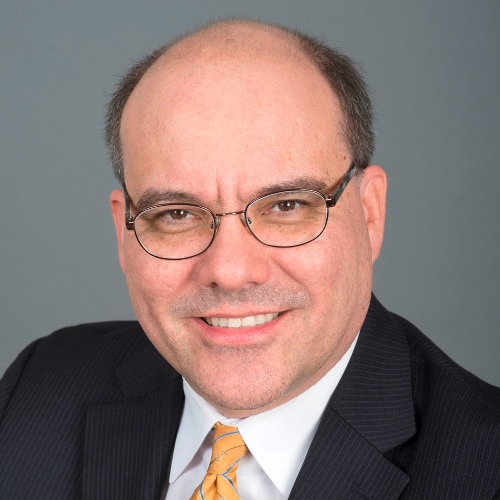
Blogs
Central America’s diverse population includes more than 60 groups of Indigenous Peoples, whose systems of cultural, economic, political, and social organization have developed over centuries. These ethnic groups have been contributing throughout that time to what we now call disaster risk management (DRM) and adaptation to climate change with their own brand of knowledge, science, and traditional practices.
As the coronavirus (COVID-19) pandemic continues, governments and emergency services are focusing on immediate needs: boosting capacity in hospitals, addressing hunger, and protecting firms and families from eviction and bankruptcy. The majority of the funds flowing so far from the World Bank, the IMF, other regional development banks, or central banks seek to provide funds for protective gear at hospitals, stabilize financial institutions, pay companies to provide goods and services to essential workers, or provide direct cash support to households.
The World Bank plays a major role to support post-conflict recovery and reconstruction worldwide. It is scaling up its support to sub-national and local planning authorities and municipal services in countries such as Iraq, Yemen, Nigeria, and Myanmar. However, reconstruction efforts often face challenges such as time constraints, weak implementation capacity, a lack of social engagement, and ineffective cookie-cutter approaches.

 Carolina Hoyos
Carolina Hoyos
 Ramiro Batzin
Ramiro Batzin
 Margaret Arnold
Margaret Arnold
 Ana Campos Garcia
Ana Campos Garcia
 Theresa Abrassart
Theresa Abrassart
 Louisa Helen Barker
Louisa Helen Barker
 Eric Dickson
Eric Dickson
 Stephen Hammer
Stephen Hammer
 Stéphane Hallegatte
Stéphane Hallegatte
 Sameh Wahba
Sameh Wahba
 Jimena Llopis
Jimena Llopis
 Emilie Bernadette Perge
Emilie Bernadette Perge
 Ede Ijjasz-Vasquez
Ede Ijjasz-Vasquez
 Brenden Jongman
Brenden Jongman
 Karima Ben Bih
Karima Ben Bih
 Philipp Petermann
Philipp Petermann
 Elke-Esmeralda Dikoume
Elke-Esmeralda Dikoume
 Gaurav Bhardwaj
Gaurav Bhardwaj
 Nicholas Jones
Nicholas Jones